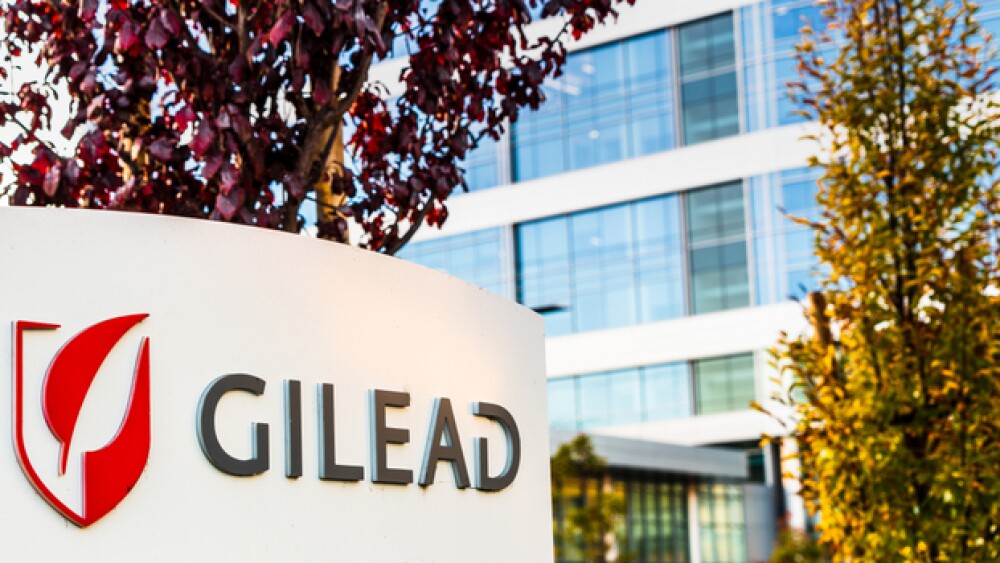Gilead announced topline results from the open-label, Phase III SIMPLE trial looking at 5-day and 10-day dosing of the drug in hospitalized patients with severe disease. It also reported positive data from the National Institute of Allergy and Infectious Diseases’ trial of the drug in COVID-19.
SunDry Photography / Shutterstock
Gilead Sciences reported encouraging results from its clinical trial of remdesivir in COVID-19. The company announced topline results from the open-label, Phase III SIMPLE trial looking at 5-day and 10-day dosing of the drug in hospitalized patients with severe disease. It also reported positive data from the National Institute of Allergy and Infectious Diseases’ (NIAID) trial of the drug in COVID-19.
The SIMPLE trial showed that patients receiving the 10-day regimen had similar improvement in clinical status compared to patients on the 5-day course. No new safety issues were observed. The company expects to submit the full data to a peer-reviewed journal in the coming weeks.
ad
“Unlike traditional drug development, we are attempting to evaluate an investigational agent alongside an evolving global pandemic,” said Merdad Parsey, Gilead’s chief medical officer. “Multiple concurrent studies are helping inform whether remdesivir is a safe and effective treatment for COVID-19 and how to best utilize the drug.”
In the trial, the time to clinical improvement for 50% of patients was 10 days in the 5-day cohort and 11 days in the 10-day cohort. In the 5-day group, 60% were discharged from the hospital by Day 14, while in the 10-day group, 52.3% were discharged from the hospital by Day 14. At Day 14. 64.5% of the 5-day treatment group and 53.8% of the 10-day treatment group “achieved clinical recovery.”
They noted that the outcomes varied by geography. Outside Italy, the overall mortality rate at Day 14 was 7% in both treatment cohorts, with 64% of patients showing clinical improvement at Day 14 and 61% discharged from the hospital.
Perhaps not surprisingly, patients who received treatment earlier responded better. The data suggest that by Day 14, 62% of patients treated early were well enough to be discharged from the hospital compared to 49% of patients who were treated after the 10-day point.
“These data are encouraging as they indicate that patients who received a shorter, 5-day course of remdesivir experienced similar clinical improvement as patients who received a 10-day treatment course,” said Aruna Subramanian, Clinical Professor of Medicine, Chief, Immunocompromised Host Infectious Diseases, Stanford University School of Medicine, and one of the lead investigators of the trial. “While additional data are still needed, these results help to bring a clearer understanding of how treatment with remdesivir may be optimized, if proven safe and effective.”
Gilead indicated that the NIAID trial had met its primary endpoint and NIAID would release more detailed information at an upcoming briefing.
The SIMPLE trial has a problem that has been discussed prior to the announcement, which is that it does not have a control group to compare the patients receiving remdesivir to. There are additional ongoing studies testing the drug against control groups.
Shortly after Gilead made the announcement, former secretary of the U.S. Food and Drug Administration (FDA) Scott Gottlieb said the drug was “part of a better toolbox” for dealing with the disease, but that it’s not a home run, a cure by any means. It’s not going to be a cure, but it is going to be a drug potentially that if you use it particularly early in the course of the disease … it could reduce their chances of having a really bad outcome.”





